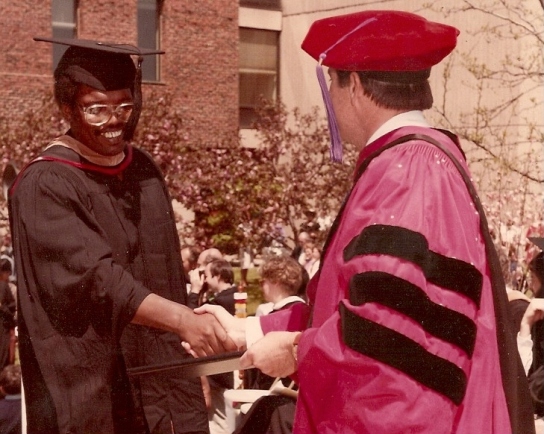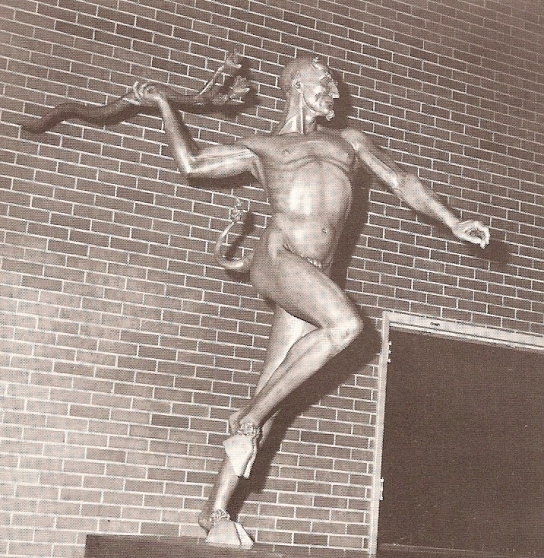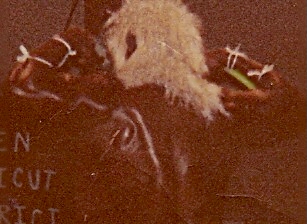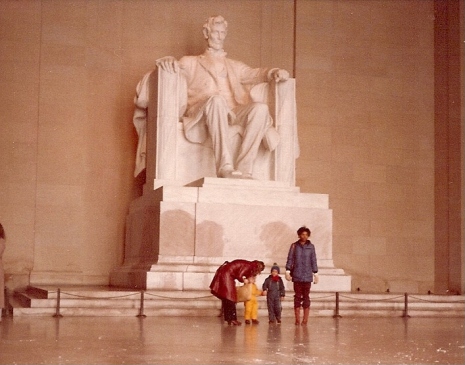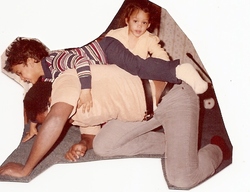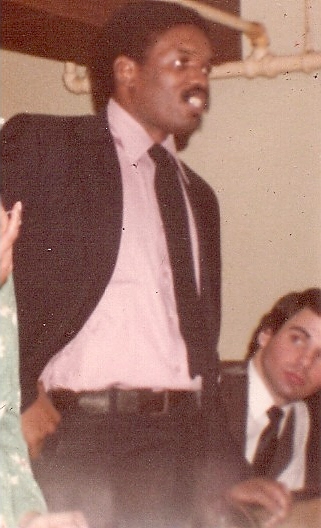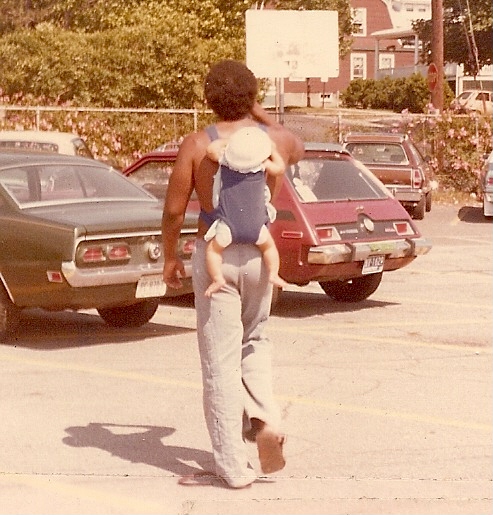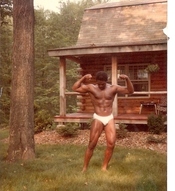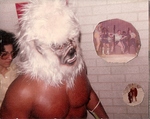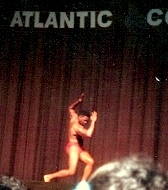 Sunday, September 11, 2011 at 10:33AM
Sunday, September 11, 2011 at 10:33AM 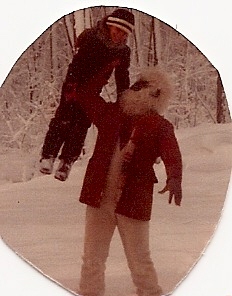
In the early hours of Friday, September 9th, 2011 I (Brad) received the call that my father was finally at rest. We are all greatly saddened at his passing, as he will be sorely missed, and for me one of the first places outside of my wife and family that I found solace was here at his Numerican Nation project.
My father gave me many gifts over my lifetime, and one of the most enduring was 6-7 years ago when he published the Numerican Nation providing cultural insight and context into his formative years and the time he matured in. This gift wasn't mine alone, and never was intended to be, but I enjoyed learning so much from reading it. I openly confess that while I enjoyed the thought provoking insights on the tumultuous time in U.S. History he was retelling, I enjoyed even more reading it as the biography of the first 30+ years of his life.
To that point I had always hoped for a sequel where he would both educate and entertain by retelling the period from the early 80s to now. Having been there, I know there are countless lessons that could be extracted from that period, thus I was pleasantly surprised to see when I logged into his account that he had been working on some unpublished content of the timeframe.
He had an account of the early 80s where he discussed the transition from focusing his time and energy on his career and training for bodybuilding, to becoming a dad. He wrote in a thread he had entitled 'Training as a Way of Life':
Dreams are the easy part: It's the hard work that goes with them, that determines whether or not they come true. Sometimes you'll win, sometimes you'll lose, everybody has got to pay some dues ...
As usual, he was summing up succinctly in a pair of sentences a point that books have been written about, where it could be lost to someone struggling with reading comprehension. Thus to give it additional context, I will elaborate and point out that in the late 70s and early 80s my dad as he was transitioning out of power lifting, took up competitive bodybuilding. I'm not talking about as a hobby, or something someone does occasionally (like my trips to the gym), I'm talking about a daily training regimen so I can get up on stage in a speedo training:
Alas eventually he would be confronted with the same challenge every parent encounters at some point, as there were only so many hours in the day, thus ultimately he would have to chose whether he was going to continue to spend his time working out chasing titles after work or spend that time helping to develop his children. He wrote in that same thread on 'Training as A Way of Life':
"If I said that I didn't want to win a major title, I'd be lying. As the years wore on the training became less about me, and more about them; and whether or not we could make their dreams come true."
I was always curious as to whether this was something he just woke up and recognized one day, or whether it was a realization that occurred over time. I assume the latter only because I had an opportunity to see him compete at his last event in 1987 as a young child, and know that he didn't just up and drop bodybuilding altogether on a specific day. What I recall from attending that event most of all was Bruce Springsteen's "Tougher Than The Rest" as well as Bonnie Tyler's "Holding Out for a Hero", and how much fun he seemed to be having on stage. He didn't win that title, and that's probably my fault (and my sister's) not that I think it bothered him much, for by then we were occupying as much of his time as possible.
See in my childhood he wasn't just a parent that always made it to my practices and games, his attendance was always mandatory, because invariably he was coaching the team. It's easier to recall the short list of teams in my youth that he didn't coach, then try and cite all the instances where he devoted his time to guide and develop the teams I was playing on.
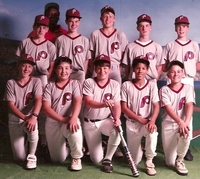 I remember him taking me to Little League tryouts, and I don't really think when we showed up he had any intent on coaching. He followed and understood baseball, but don't know that he had any interest until approached by other parents at the tryout. Thus after the tryout, I remember we went over to a parents house and I played around outside while the adults reviewed their 'scouting reports' on Columbia Connecticut's finest young baseball prospects. He would coach a fair share of baseball team's over the years, teaching me a variety of positions (first base, pitching, catching, outfield), but mainly teaching me how to focus. The lesson in baseball was easy - if you want to hit, keep your eye on the ball - it's an easy analogy.
I remember him taking me to Little League tryouts, and I don't really think when we showed up he had any intent on coaching. He followed and understood baseball, but don't know that he had any interest until approached by other parents at the tryout. Thus after the tryout, I remember we went over to a parents house and I played around outside while the adults reviewed their 'scouting reports' on Columbia Connecticut's finest young baseball prospects. He would coach a fair share of baseball team's over the years, teaching me a variety of positions (first base, pitching, catching, outfield), but mainly teaching me how to focus. The lesson in baseball was easy - if you want to hit, keep your eye on the ball - it's an easy analogy.
In our youth Courtney and I would also play soccer, and he would be right there to coach us through that experience, and then of course we would both play basketball. I have my fondest memories g owing up playing basketball, it was something we would play together often outside of organized team practices. There were countless times when my dad would take my sister and I up to the court for the afternoon to play HORSE and 21. Success in organized basketball would require learning how to contribute in a team environment, which was something my sister was far more effective at as a youth than I. My sister would take the foundation of skills my father developed, add in her own hard work and determination, and enjoy much success.
owing up playing basketball, it was something we would play together often outside of organized team practices. There were countless times when my dad would take my sister and I up to the court for the afternoon to play HORSE and 21. Success in organized basketball would require learning how to contribute in a team environment, which was something my sister was far more effective at as a youth than I. My sister would take the foundation of skills my father developed, add in her own hard work and determination, and enjoy much success.
While my sister was enjoying well earned success, my father was busy helping me learn from my setbacks and failure. See the one thing Michael Jordan I have in common is not making the school basketball team as high school freshmen. I was disappointed in myself, but I was even more hurt that I thought I had disappointed my dad who had spent so much time over the years trying to help me develop as a player. Of course he wasn't disappointed, and instead was excited that I was going to apply my time and energy to try wrestling. It was something he was conscious he had too much experience, and by that I mean that he understood he couldn't teach me to wrestle at 14 like he had. I didn't have the strength, speed, agility, understanding of the sport, or any of the other attributes that might lead to success. All I had in the beginning was the ability to learn quickly and a strong work ethic.
That's really all my dad 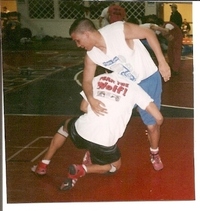 needed - he would teach me how to lift for strength, ensure I stayed in shape (even when I didn't want to), and teach me what it took to survive and then thrive on the mat, while ensuring I was taking care of business in the classroom of course. Wrestling presented the opportunity to focus in like a laser on the values he had been trying to instill, as the 1-on-1 nature of wrestling rests the accountability for success solely on the competitor. I enjoyed the success on the mat, but over the years learned to enjoy more chatting about the fundamentals with dad, and helping my brother learn his own way.
needed - he would teach me how to lift for strength, ensure I stayed in shape (even when I didn't want to), and teach me what it took to survive and then thrive on the mat, while ensuring I was taking care of business in the classroom of course. Wrestling presented the opportunity to focus in like a laser on the values he had been trying to instill, as the 1-on-1 nature of wrestling rests the accountability for success solely on the competitor. I enjoyed the success on the mat, but over the years learned to enjoy more chatting about the fundamentals with dad, and helping my brother learn his own way.
Those lessons of my youth would serve me well over the years, as my dad was an insurance underwriter, videographer, teacher, and security guard, but none of these positions did he devote so much of his time and energy to as excelling as a father. It was a lot of hard work as each of us presented our own challenges to him, but he was the best at what mattered to him most.
Love you Dad.
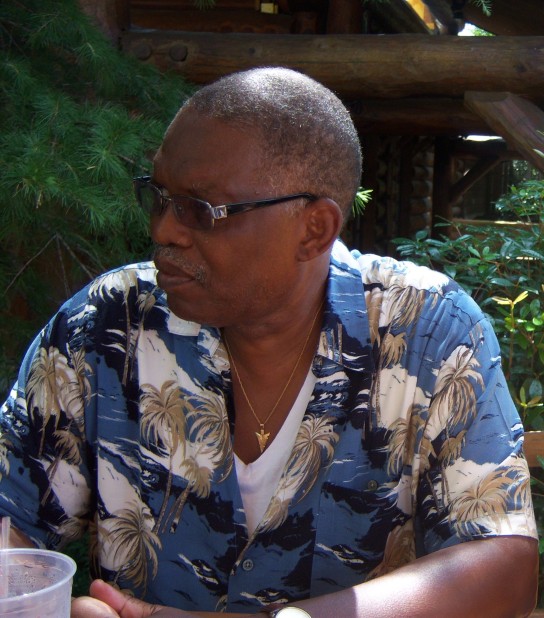
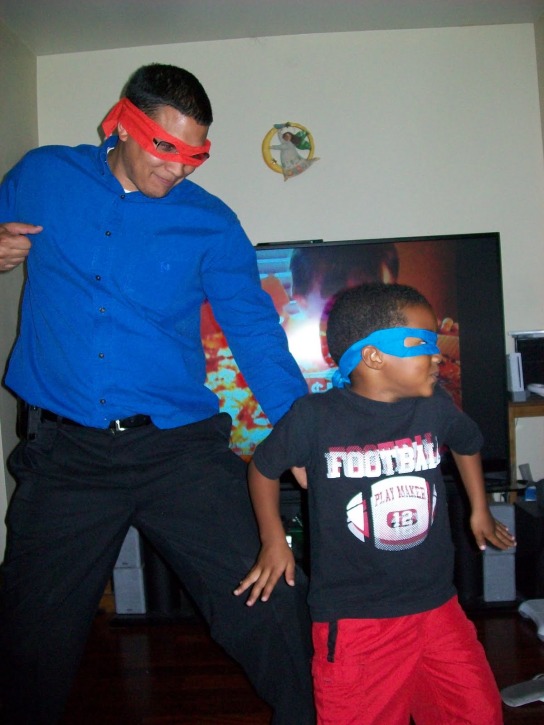
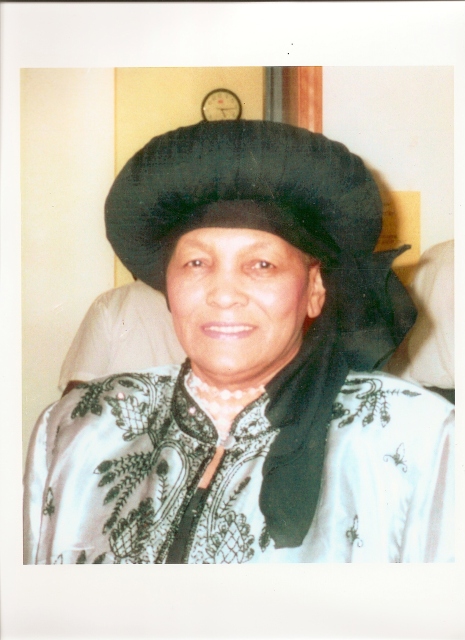 Doshia Greene Bowling
Doshia Greene Bowling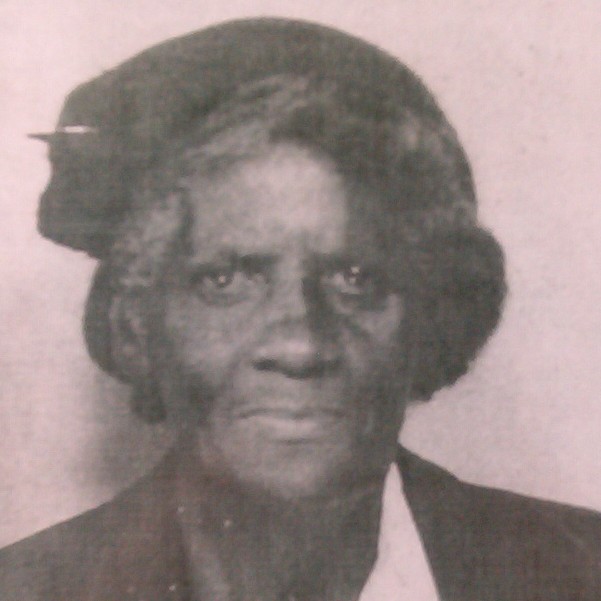
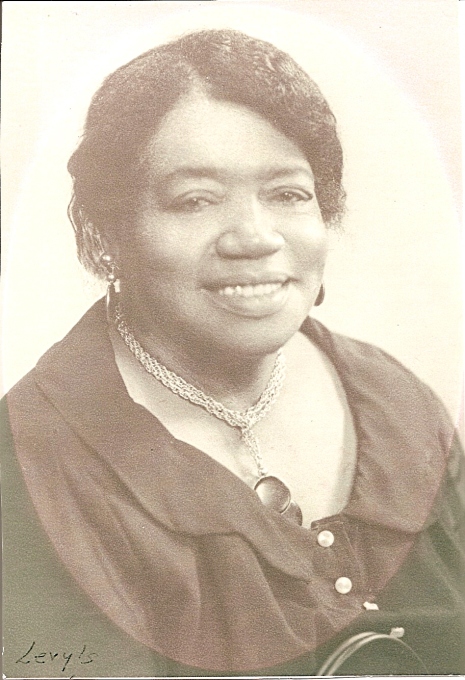
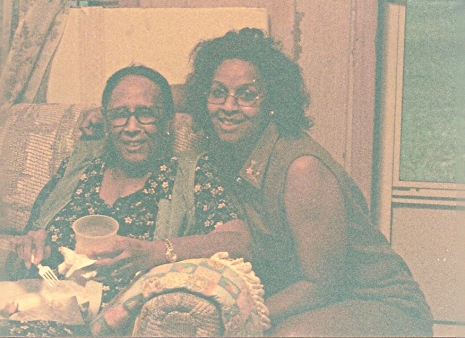
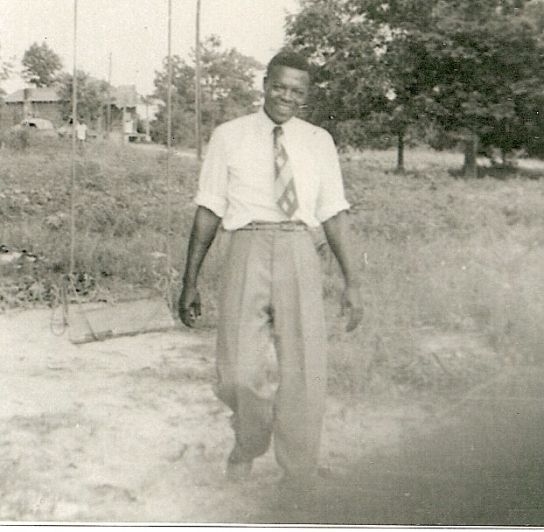
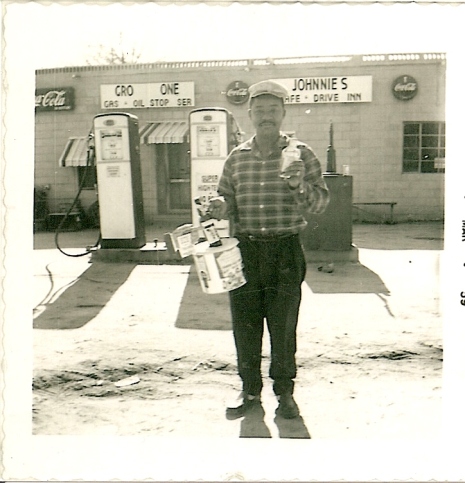
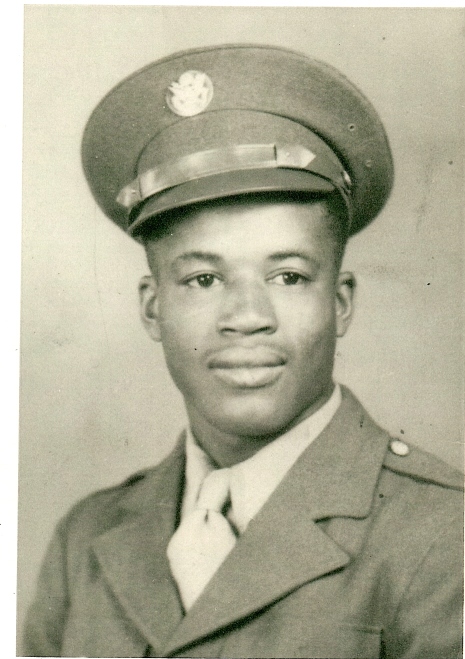
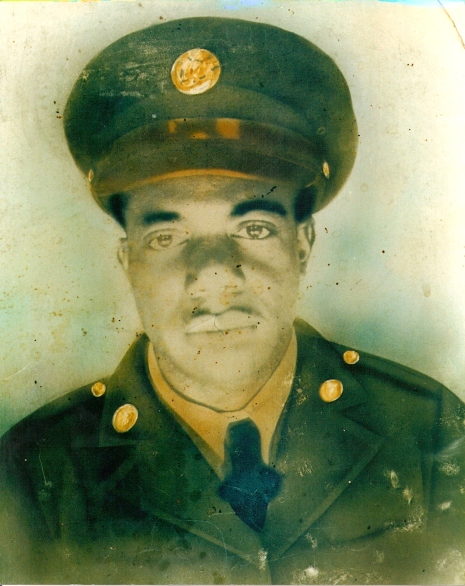
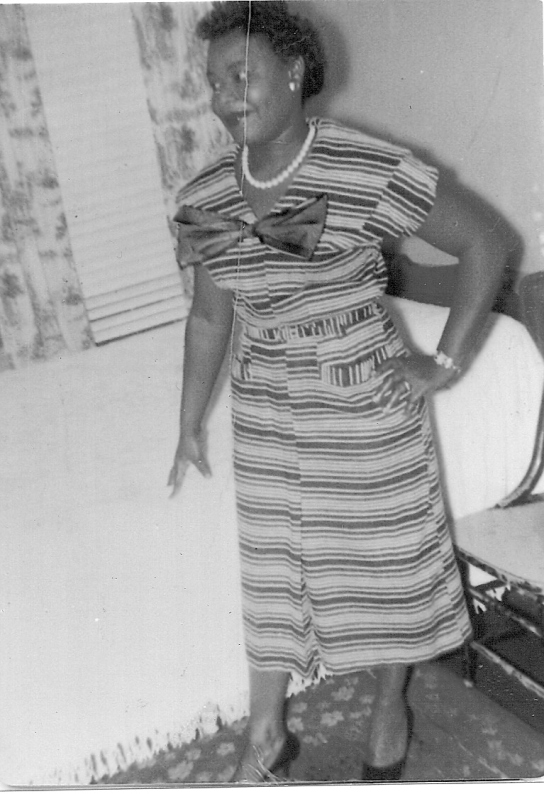
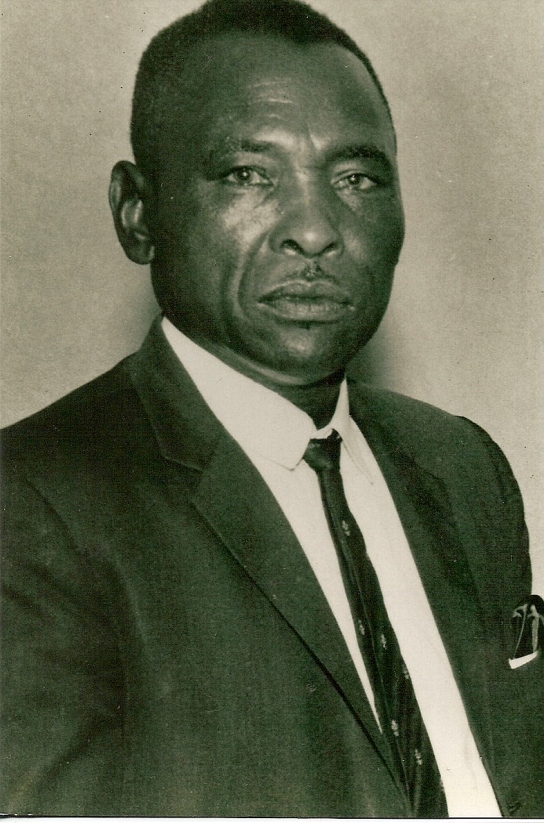
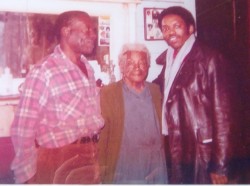 Sunman, Bigmama, & Johnnie Lee 1979
Sunman, Bigmama, & Johnnie Lee 1979